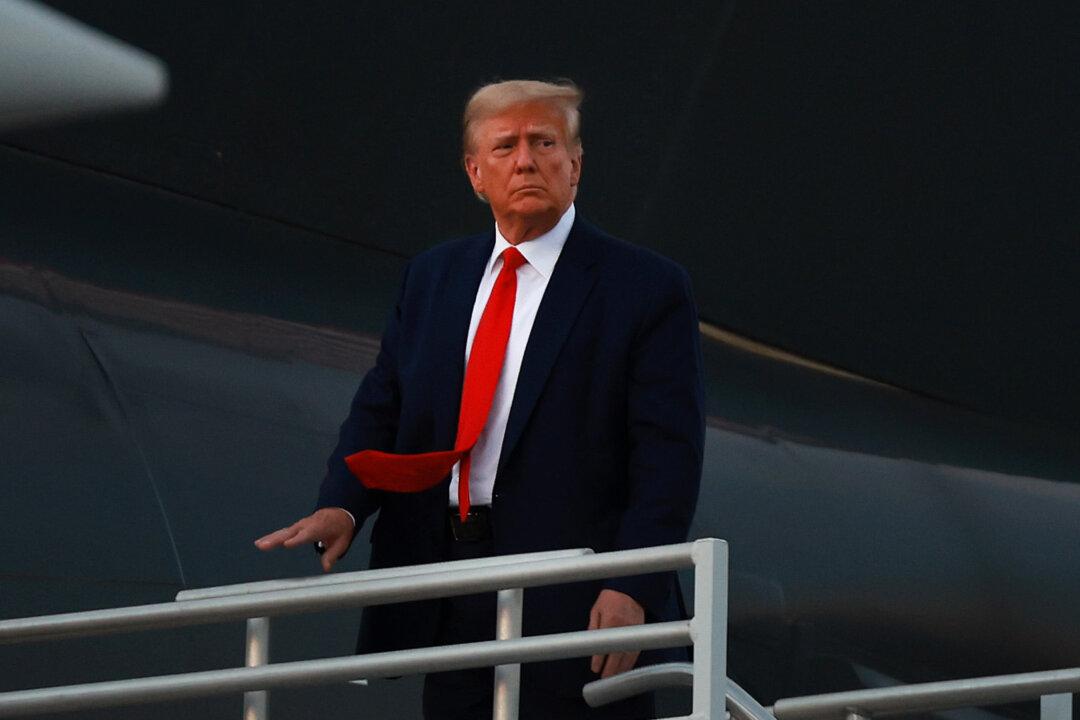Colorado District Judge Sarah Wallace heard arguments and witness testimony on Monday in a case arguing former President Donald Trump should be barred from the state ballot as he seeks to run for reelection.
The left-leaning Citizens for Responsibility and Ethics in Washington (CREW) argued that the events of Jan. 6, 2021, were a violent insurrection, and that the former president was a key cause. They said they have spent 10 months preparing the case, and have several expert witnesses to testify about the legal statute and President Trump’s speech, as well as witnesses of the day, including Rep. Eric Swalwell (D-Calif.).





